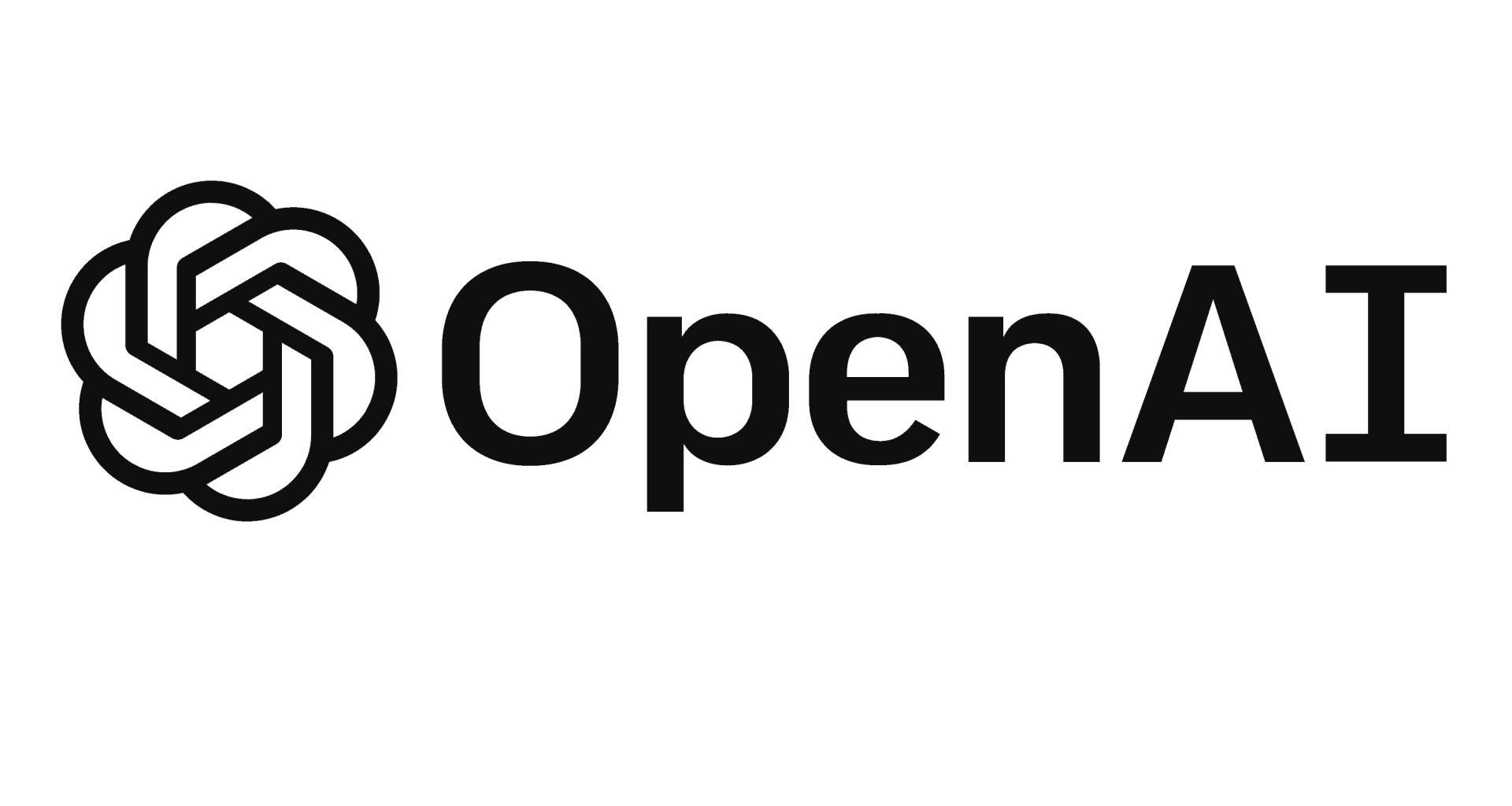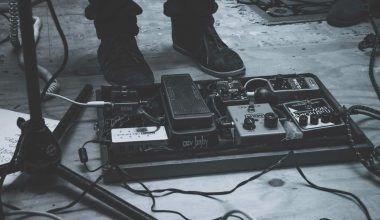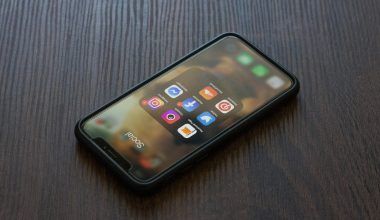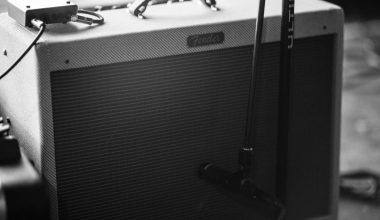The legal battle against OpenAI in India is escalating as major music labels, including T-Series, Saregama, and Sony, seek to join a copyright infringement lawsuit against OpenAI filed by news agency ANI. These industry powerhouses allege that OpenAI has used their copyrighted sound recordings to train artificial intelligence models without permission, raising concerns about intellectual property rights in the AI era.
The Copyright Infringement Case: What’s Happening?
The lawsuit, initially filed by ANI against OpenAI, claims that the AI firm used its news content without authorization to train models like ChatGPT. On November 18, 2023, the Delhi High Court, under Justice Amit Bansal, appointed legal and academic experts as amicus curiae to assist in the case. The proceedings have now taken a significant turn with leading music labels stepping in, citing similar copyright concerns.
According to Reuters, the Indian Music Industry (IMI) group, along with T-Series and Saregama India, petitioned the Delhi High Court on Thursday, asserting that OpenAI’s unauthorized use of copyrighted sound recordings breaches their intellectual property rights. The labels argue that this legal fight is not just about one company but a crucial battle for the entire Indian and global music industry.
Why Are Music Labels Concerned?
Music labels have expressed serious concerns that AI platforms like OpenAI are scraping data, extracting lyrics, compositions, and even entire sound recordings from the internet to improve their machine learning models. The lack of transparency in how these AI models source and process data has sparked a global debate over copyright protection and fair compensation for creators.
A music industry source told Reuters, “The concern is that OpenAI and other AI systems are capable of lifting music, lyrics, and compositions, putting the entire ecosystem of artists, labels, and songwriters at risk.”
OpenAI’s Defense and Legal Stand
In response to the allegations, Microsoft-backed OpenAI has denied any wrongdoing, maintaining that its AI models are trained using publicly available data, adhering to fair use principles. In its court filing, OpenAI strongly refuted claims that it used content from ANI or media groups for AI training.
Additionally, OpenAI has challenged the jurisdiction of Indian courts in this matter, arguing that as a US-based company with servers abroad, the Delhi High Court lacks authority over the case. The company also dismissed the notion that it must enter licensing agreements with Indian media or music labels to use content publicly available online.
Growing Legal Pressure on OpenAI Globally
This is not the first time OpenAI has faced copyright-related lawsuits. The company is dealing with similar legal challenges worldwide:
- Germany: In November 2023, GEMA, an association representing composers, lyricists, and publishers, sued OpenAI for the unauthorized reproduction of song lyrics allegedly used to train ChatGPT.
- United States: Several publishers, authors, and content creators have accused OpenAI of copyright infringement, with ongoing lawsuits questioning how AI-generated content is sourced.
- United Kingdom & Europe: Various creative and journalistic groups have raised concerns about AI-generated content violating intellectual property laws.
These global legal battles indicate that AI companies will increasingly face scrutiny over data usage practices, forcing them to adopt clearer licensing policies to avoid copyright breaches.
Impact on the Indian Music Industry
The outcome of this lawsuit will have far-reaching consequences for the Indian music industry. If OpenAI is found guilty of copyright infringement, it could set a legal precedent that protects music labels, artists, and composers from AI-related copyright exploitation.
Key Concerns for Indian Music Labels:
- Loss of Revenue – AI scraping and unauthorized usage of music recordings mean artists and labels may not receive proper royalties.
- Intellectual Property Protection – Without clear legal safeguards, AI companies can repurpose copyrighted content without compensating creators.
- Fair AI Usage Guidelines – This case could push Indian authorities to establish stricter AI regulations regarding copyright laws in music and media industries.
- Artist Rights & Compensation – The case emphasizes the need for transparent and fair licensing agreements between AI firms and content owners.
What’s Next?
The Delhi High Court is expected to assess the case based on India’s Copyright Act, 1957. If ANI, T-Series, and other music labels successfully argue their case, OpenAI could face fines, content bans, or mandatory licensing agreements for copyrighted content.
The Indian government has already expressed concerns about AI regulation, particularly regarding data security, deepfake risks, and copyright issues. With AI rapidly evolving, regulatory frameworks will likely adapt to ensure fair treatment for content creators and media houses.
Final Thoughts: Why This Case Matters for Indian Musicians
For independent artists, labels, and songwriters in India, this lawsuit serves as a wake-up call to ensure their intellectual property is protected. With AI increasingly influencing the music industry, Deliver My Tune strongly advocates for fair copyright laws that safeguard artist earnings and creative rights.
Key Takeaways:
- T-Series, Saregama, and Sony have joined ANI’s lawsuit against OpenAI over unauthorized use of sound recordings.
- AI-generated content raises serious copyright concerns, with legal implications for music labels, composers, and artists.
- OpenAI claims fair use but faces increasing legal pressure worldwide.
- The Indian High Court’s ruling could shape AI copyright laws for the music industry in India and beyond.
- Artists and labels must stay informed about AI and copyright laws to protect their creative work.
As technology reshapes the music business, it is crucial to establish clear regulations to prevent unauthorized AI-generated content. Whether you are an independent musician or part of a major record label, ensuring fair recognition and compensation in the age of AI is more critical than ever.
Stay Updated with Deliver My Tune
For the latest updates on music industry news, digital rights, and AI in music, follow Deliver My Tune and explore our platform for independent music distribution. If you’re an artist, we help you navigate the evolving music landscape while protecting your creative rights.
Let’s ensure AI works for artists, not against them.
🔗 Want to distribute your music? Check out Deliver My Tune and start making money from your music today!






